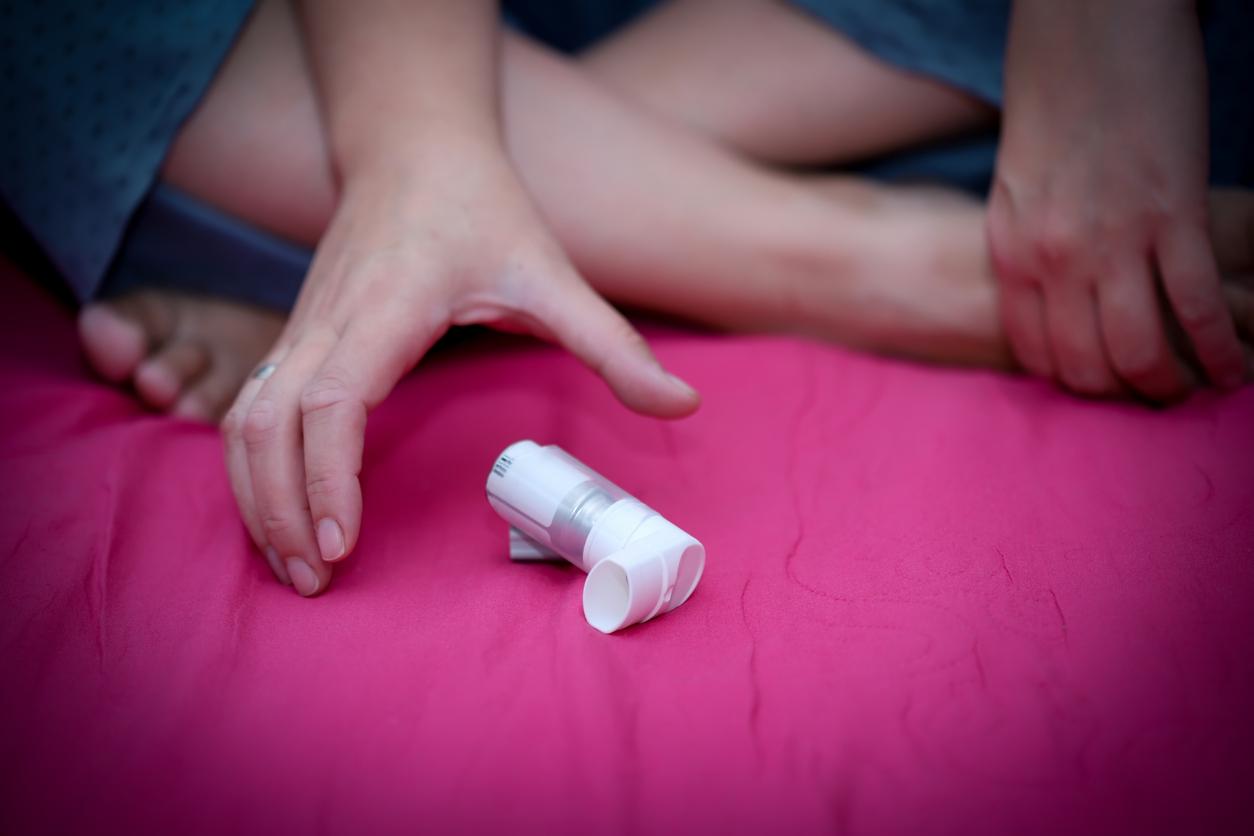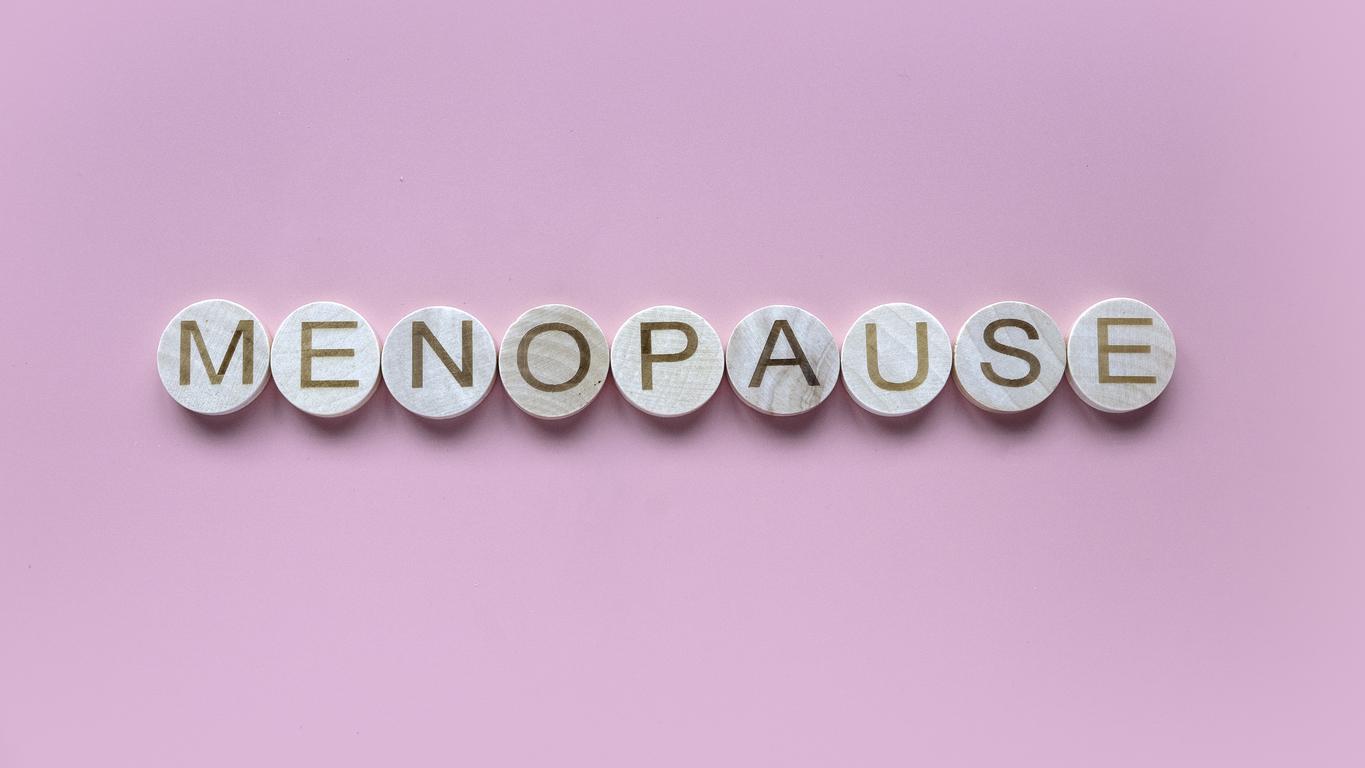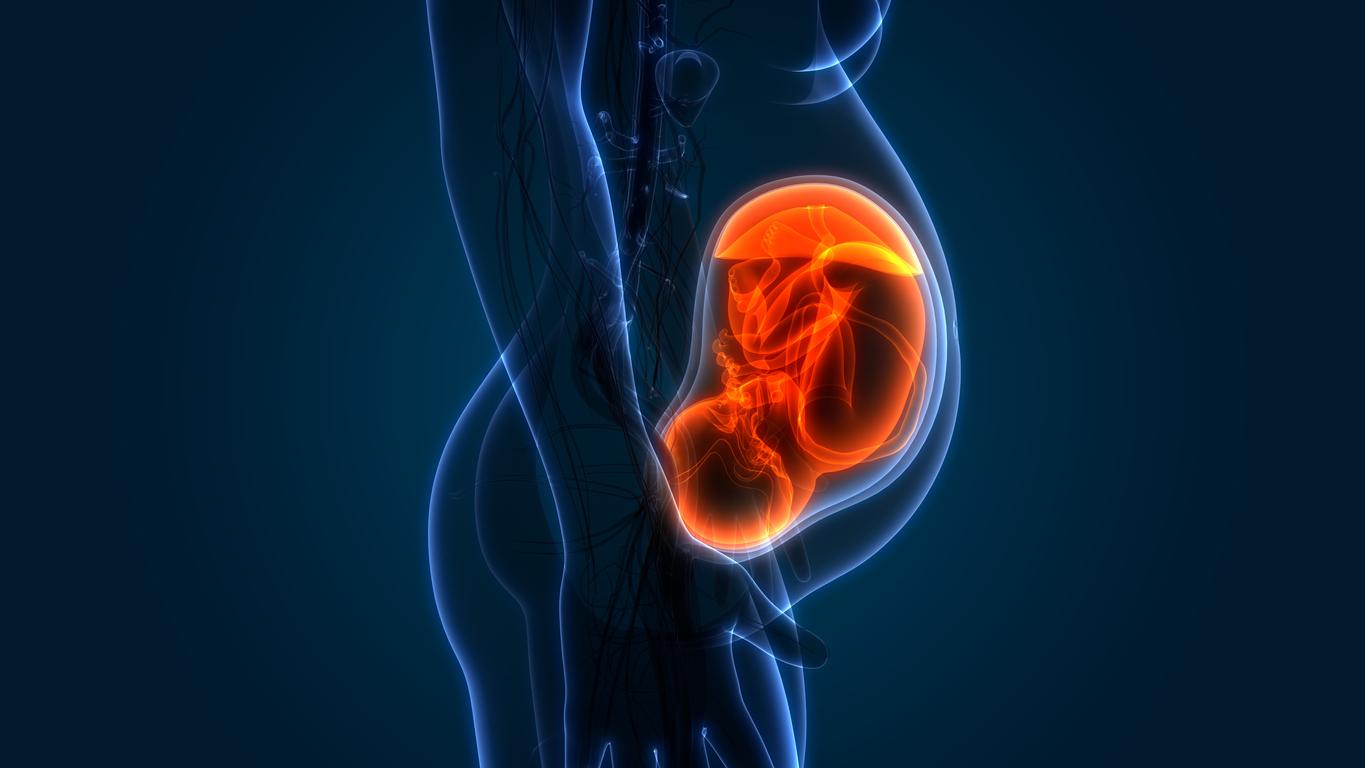An American study shows that women with asthma see symptoms worsen during their menstrual cycle. Especially overweight women.

The peaks of pollution, the abundance of grasses can trigger acute asthma attacks. And the menstrual cycle could promote the worsening of the disease on an ad hoc basis in some women with chronic asthma. A phenomenon known to doctors for several years, but for which, many questions remain, in particular with regard to the frequency, the worsening of asthma attacks, rather before or at the time of menstruation. An American study published in the journal Chest provides details on the characteristics of this phenomenon. In this survey, about 17% of the 500 women with asthma between the ages of 13 and 50 have perimenstrual asthma. As a result, as or when their period approaches, these women see symptoms worsen: heavier coughing, wheezing or even more severe, they have acute asthma attacks.
Listen to Dr Anne Prudhomme, pulmonologist at the CH de Bigorre: “The study shows that these women with premenstrual asthma also often have a higher BMI (1), lower respiratory capacity and gastroesophageal reflux disease. ”
For the authors of this work, this is proof that there is indeed a specific profile that makes it possible to identify women with asthma at greater risk of undergoing an unfavorable course of their disease, depending on their menstrual cycle. The study reveals, for example, that those who suffer from a worsening of their asthma as their period approaches, also more often at the origin, a more severe asthma. In fact, in the group in which the onset of menstruation was not a worsening factor, only 30% of them were severe asthmatics. Conversely, among those whose menstrual cycle influenced the symptoms of their respiratory disease, there were 52% of them living with severe asthma.
These data confirm the results of previous studies. Namely that women with premenstrual asthma, have more recourse to emergencies and sometimes, due to extremely serious asthma attacks, which can even be life-threatening. The authors of this publication therefore recommend that physicians, once they have identified these particular asthma patients, to manage them in a specific way. In particular, by adjusting treatments according to their cycle, doctors could help them better control their disease.
Listen to Dr Anne Prudhomme : ” On the days before your period, the dose of anti-inflammation medication should be increased. We can also involve an endocrinologist in the management. “
Even though research continues to explain precisely what happens in these 17% of women with asthma, scientists favor the hormonal hypothesis. Indeed, studies have already revealed that fluctuations in certain hormones, in particular prostaglandins, have an influence on inflammatory reactions and an effect on the respiratory tract.
(1) Body mass index
.

















